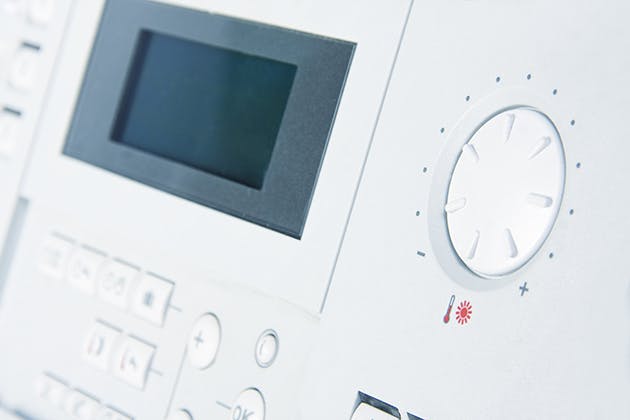Boilers are one of the most commonly used but undervalued household appliances. That is, unless something goes wrong, leaving us without heat or hot water. A boiler breakdown may be extremely stressful, especially in the winter, when we realise how dependent we are on them. But when it does break down, how do you know whether it needs repairing or replacing?
In this blog, we go through all the factors you need to take into consideration that will help you make your decision!
Boiler Repairs vs Replacement
1. Age of Your Boiler
The age of your boiler plays a significant role in determining whether to repair or replace it. Generally, newer boilers can be repaired quickly and cost-effectively. However, as boilers age, they become less efficient and may require more frequent repairs. Consider replacement if your boiler is over 10-15 years old. It's important to note that manufacturers often stop producing spare parts for boilers older than 10 years, making repairs challenging and potentially more expensive.
2. Warranty Coverage
Before deciding on a repair or replacement, check if your boiler is still under warranty. Warranty periods can last up to 10 years for some manufacturers. Warranty coverage can significantly reduce repair costs, covering new parts and sometimes even labour. Always consult your warranty documentation or contact the manufacturer to understand your coverage before making a decision.
3. Energy Efficiency and Control
Upgrading to a new boiler can offer several advantages in terms of energy efficiency and control. Modern boilers are designed to meet stricter efficiency standards, potentially lowering your energy bills. They're also compatible with smart thermostats, giving you greater control over your heating and hot water. By choosing an energy-efficient model, you can also reduce your home's environmental impact, contributing to a lower carbon footprint.
4. Cost
When weighing repair versus replacement costs, consider both short-term and long-term expenses. If repair costs exceed 50% of a new boiler's price, replacement is often more cost-effective in the long run. Don't forget to factor in the potential energy savings of a new, more efficient boiler when calculating long-term costs. These savings can offset the initial investment over time.
5. Home Energy Efficiency Assessment
Before making a decision, evaluate your home's overall energy efficiency. Consider any planned home improvements, such as better insulation or upgrading to a new boiler. A new boiler might complement these upgrades, leading to a more comfortable and cost-effective living environment. Assessing your entire home energy setup can help you make a more informed decision about your boiler.
6. Boiler Location and Accessibility
The placement of your current boiler can influence your decision. Older boilers in hard-to-reach locations can make maintenance difficult and expensive. Replacing an old boiler with a new one in a more accessible location could simplify future repairs and servicing. Consider whether relocating your boiler as part of a replacement could provide long-term benefits in terms of maintenance and efficiency.
Want to know more?
Discuss your boiler options with our heating engineers across York, Malton, Wetherby and Harrogate by calling us on 08001182467 or 07717574470



